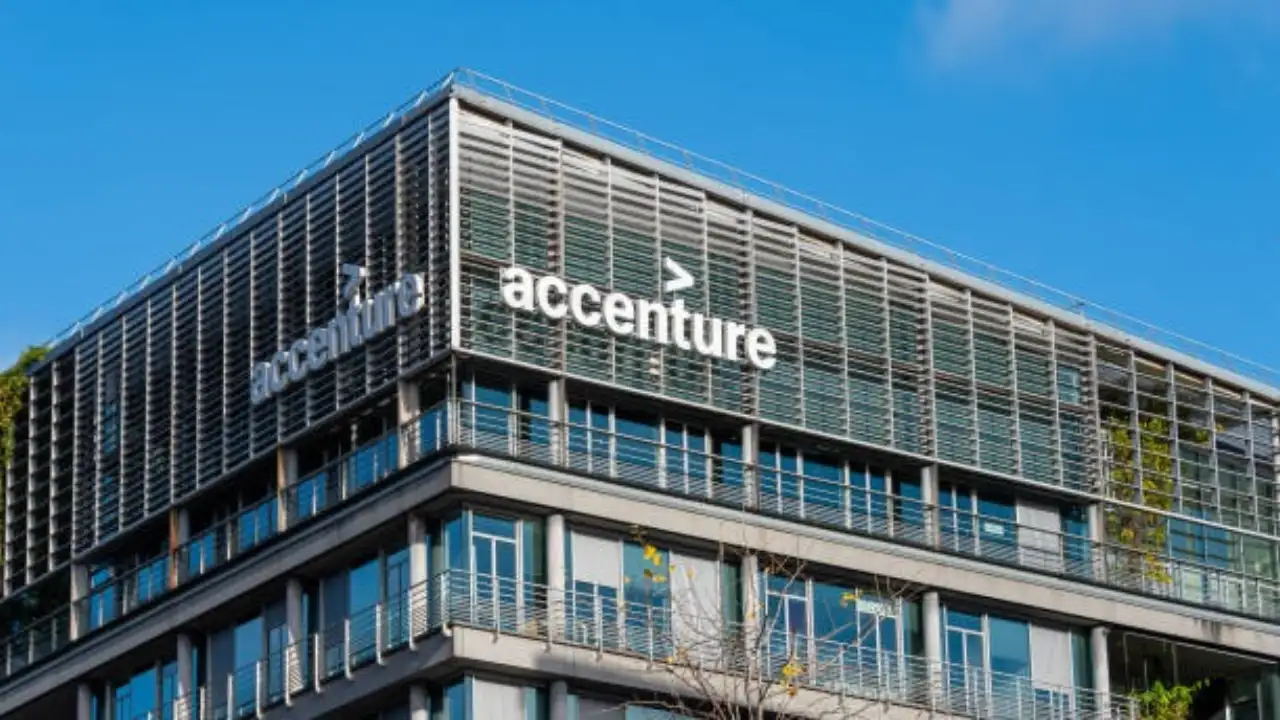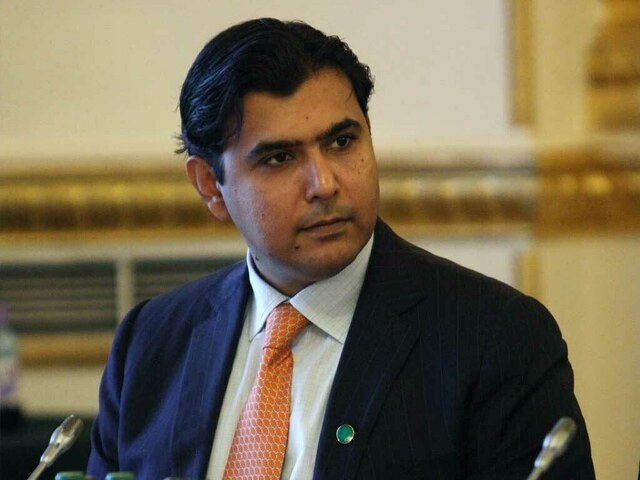By Anurag Kumar
Copyright timesnownews

Accenture CEO Julie Sweet has downplayed concerns regarding the Trump administration’s new $100,000 H-1B visa fee, pointing out that the policy change poses little threat to the global consulting giant. Speaking during the company’s earnings call Thursday following its fourth-quarter results, Sweet said, “This is really a non-issue because we only have about 5% of our people in the US on H-1B visas, and they’re for really specialised experience and skills for our clients.” The Dublin-based firm’s limited reliance on H-1B visas stands in contrast to many Indian IT companies, which heavily depend on the program to staff US projects with skilled overseas workers. According to US immigration data, Accenture secured approval for 1,568 H-1B visa beneficiaries in the first half of 2025, ranking it among the top 25 US employers utilising the program. Policy Change Seen as Business Opportunity President Trump’s executive order signed on September 19, introduces the one-time fee as part of broader immigration reforms, creating uncertainty across the technology sector. While many IT service providers view this as a cost-pressure measure, Sweet framed it as a potential business advantage. “Every time there’s a big policy change, unfolded over decades, it has usually driven more business for the company,” she said, adding that Accenture could support clients in navigating compliance requirements. Strong Q4 Amid Policy Uncertainty The comments came alongside Accenture reporting strong fourth-quarter results, with revenue of $17.6 billion exceeding analysts’ average estimate of $17.36 billion. The company also announced an $865 million restructuring initiative to realign its workforce to meet rising demand for digital and AI services. Accenture employs over 770,000 people globally, with more than 350,000 in India, its largest workforce base. The company has been steadily reducing its H-1B dependency over the years, with initial approvals declining from 3,442 in 2015 to just 190 in the first nine months of 2025.



